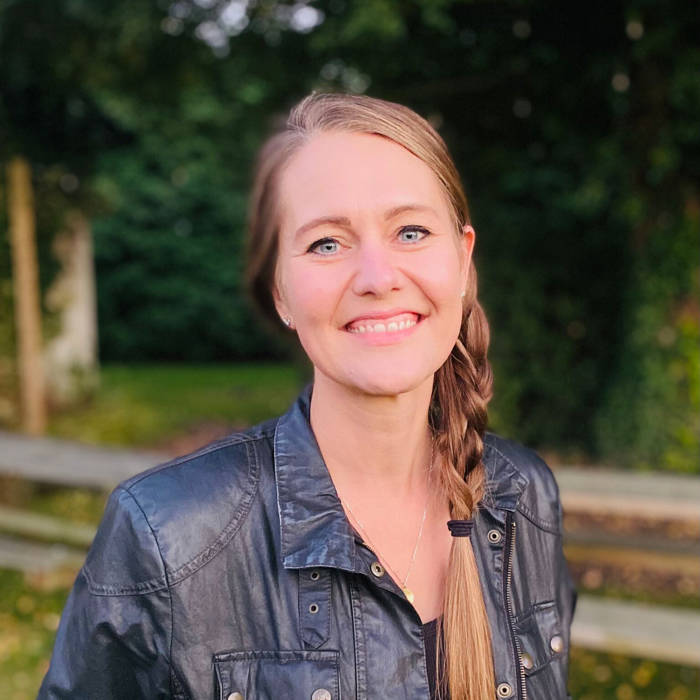Basics of Voice Acoustics for Voice Pedagogues
Thursday 26th October 2023, 5:00 PM - 7:00 PM (London Time)
In this course, we will explain the basics of the acoustics of human voice. We will answer questions such as: What is sound? How can sound be investigated? We will shortly explain four basic characteristics of sound, i.e., fundamental frequency, sound spectrum, sound intensity and length, and their relationship to the perceived sound qualities, i.e., pitch, timbre, loudness and sound duration, respectively.
Next, we will look at different basic types of sound: pure tones, complex tones and noises. We will show how these sounds can be recognized perceptually by ear, as well as objectively by simple analysis of the sound waveform and of the sound spectrum. We will demonstrate the production of such vocal sounds live and show how we can understand and analyze them using the Voce Vista software.
Further, we will cover the basics of the source-filter theory of voice production and talk about how the voice source and filter differently contribute to the produced vocal sound. We will talk about the harmonics (overtones) and formants, which are important for voice timbre. We will also talk about the role of formants for production of vowels as well as for different singing voice qualities. We will show how we can easily synthesize voice of a singer using a software based on the principles of the source-filter theory.
Finally, we will take a look at the voice resonance phenomenon and discuss the contribution of subglottal and supraglottal (vocal tract) cavities to the resulting vocal sound. We explain and discuss three possible strategies for improving the “resonance in voice”: formant tuning, singer’s formant and changes of vocal tract inertance. By the end of the course, you will have a better idea on how voice acoustics can provide more insights and better understanding of human voice production and how can it be applied to singing voice.
Attend both Jan Svec's Basics of Voice Acoustics for Voice Pedagogues and Gökçe Kutsal's Acoustics in the Voice Studio and save £10!
Jan Svec
Jan G. Svec, Ph.D. is an internationally renowned Czech physicist performing basic research on production of human voice. He holds a MSc degree in fine mechanics and optics and PhD degrees in biophysics as well as in medical sciences...

Attend this course for as little as £22 as part of the Voice Professional Training CPD Award Scheme.
Learn MoreSorry, this is an archived short course...
We have plenty of upcoming short courses coming soon. See details of some of them below or look at the full list of short courses.

Monday 7th July 2025
2:00 PM - 4:00 PM
Tuesday 8th July 2025
2:00 PM - 4:00 PM
Wednesday 9th July 2025
2:00 PM - 4:00 PM
Friday 11th July 2025
2:00 PM - 4:00 PM
Monday 14th July 2025
2:00 PM - 4:00 PM
Tuesday 15th July 2025
2:00 PM - 4:00 PM
Wednesday 16th July 2025
2:00 PM - 4:00 PM
Friday 18th July 2025
2:00 PM - 4:00 PM
(London Time)
Introduction to statistics and working with quantitative data for Voice Professionals: 8-Session Online Bootcamp

Dr David Cane
This certificated statistics course is ideal for individuals interested in laying a solid foundation in quantitative research methods. By focusing on essential statistical principles, you will be equipped with the tools to understand and apply quantitative research techniques effectively. Statistics is a crucial component of quantitative research; mastering it will enable you to grasp quantitative methods more confidently and precisely.


Tuesday 8th July 2025
12:00 PM - 2:00 PM
(London Time)
Oxygen Advantage for Vocal Educators • Empowering Vocalists Through Breath

Kate Cubley
Are you a singing teacher or trainee voice educator eager to expand your toolkit? Join Kate Cubley at Voice Study Centre for a dynamic 2-hour lecture exploring the role of functional breathing in supporting vocal performance, vocal health, and resilience—for both you and your students. This engaging session introduces the Oxygen Advantage® method: a science-backed approach to breathing that can transform how you teach, coach, and care for the voice.


Wednesday 9th July 2025
2:00 PM - 4:00 PM
(London Time)
Accents in Musical Theatre Singing!

Colton Weiss
Colton Weiss (he/they) is a professional dialect coach, actor, and lecturer (Ohio State Univ.) based out of Columbus, Ohio. With the continued popularity and development of productions that call for more demanding voice, speech, and accent work, dialect coaches, music directors, and actors must collaborate across jobs. Inspired from the text, Voice and Speech for Musical Theatre by Chris Palmer, and ongoing production experience, this presentation by Colton explores the intersections of accent work, and the musical skills needed for actors to perform in Musical Theatre.
